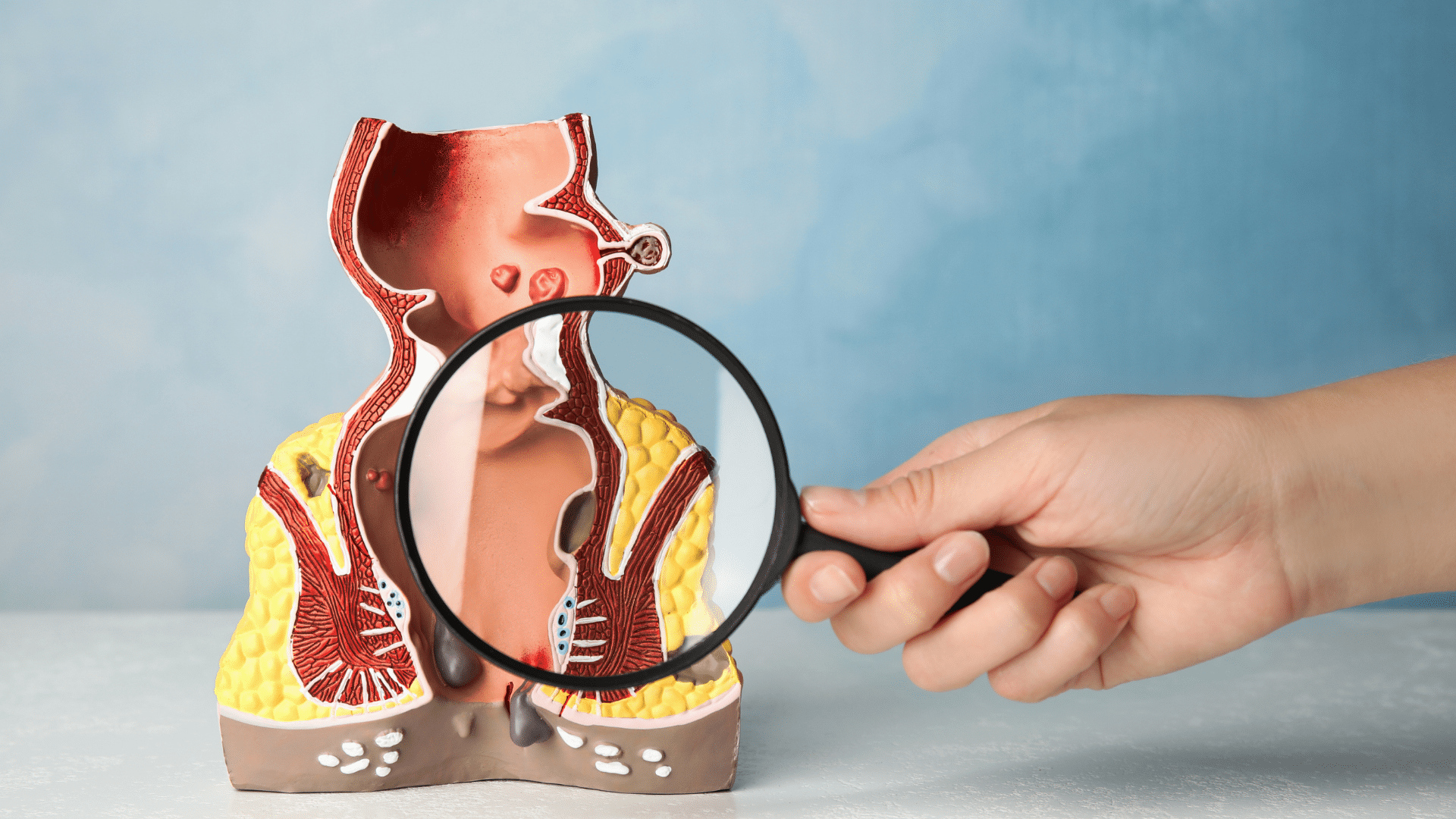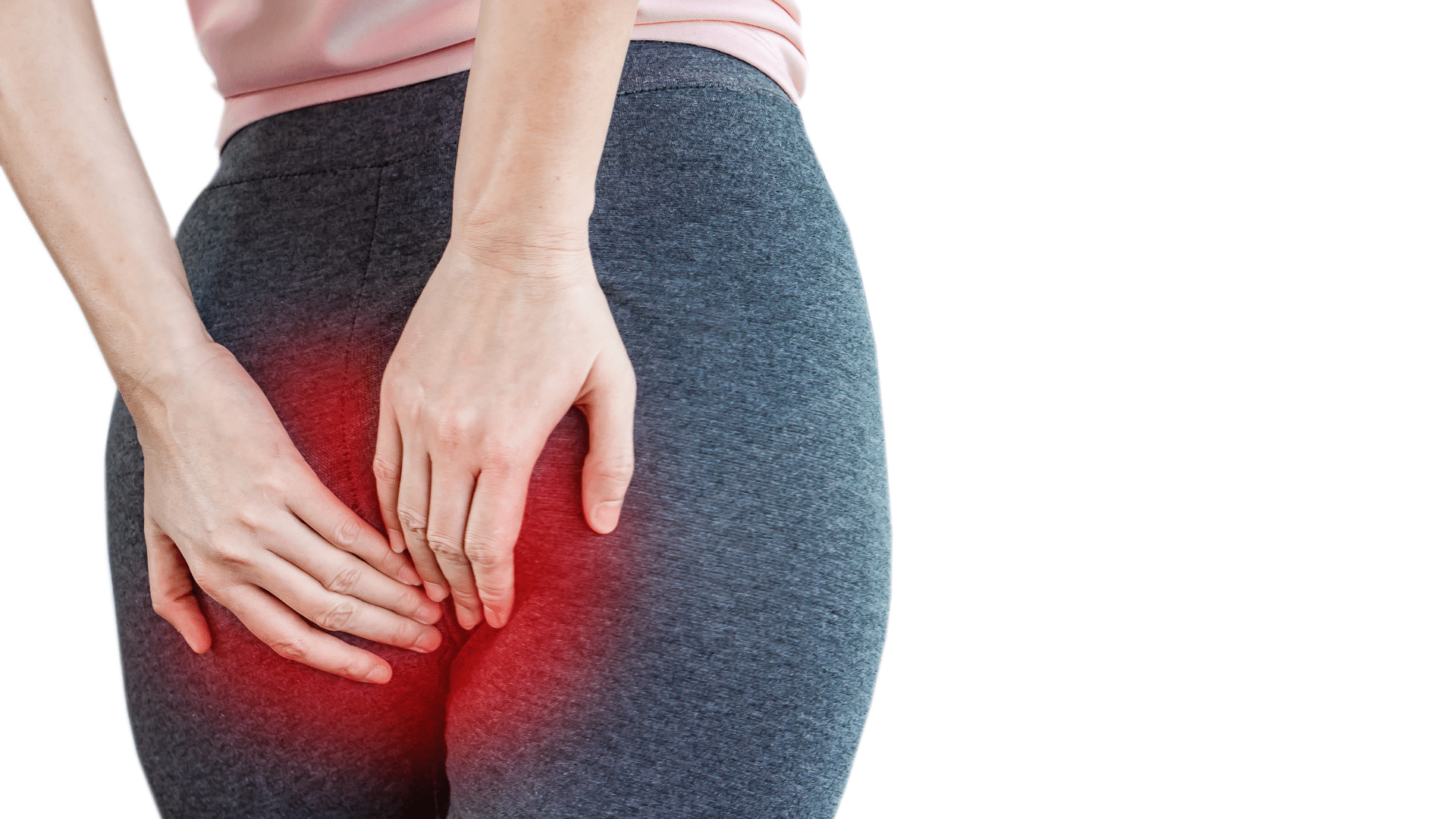Hemorrhoids Services
Are you in John’s Creek, GA, struggling with hemorrhoids? You’re not alone. Hemorrhoids are a common condition that can cause discomfort and affect your quality of life. At our gastroenterology clinic, we provide comprehensive hemorrhoid services to help you find relief and improve your well-being.


Understanding Hemorrhoids
Hemorrhoids, also known as piles, are swollen and inflamed veins in the rectum and anus that can cause itching, pain, and bleeding. They can be internal, located inside the rectum, or external, located under the skin around the anus. Hemorrhoids are often caused by increased pressure on the veins in the rectal area, which can occur due to straining during bowel movements, chronic constipation or diarrhea, pregnancy, obesity, or prolonged sitting.
Symptoms of Hemorrhoids
Symptoms of hemorrhoids may include:
- Itching or irritation in the anal region
- Pain or discomfort, especially during bowel movements
- Rectal bleeding, typically during bowel movements
- Swelling or lumps around the anus
- Mucus discharge from the anus
How We Can Help
Our gastroenterology clinic offers a range of diagnostic and treatment options for hemorrhoids, tailored to meet your individual needs. Treatment options may include:
- Dietary and lifestyle modifications to promote regular bowel movements and reduce straining
- Topical treatments such as ointments, creams, or suppositories to relieve symptoms
- Minimally invasive procedures such as rubber band ligation, sclerotherapy, or infrared coagulation to shrink or remove hemorrhoids
- Surgical interventions for severe or recurrent hemorrhoids







